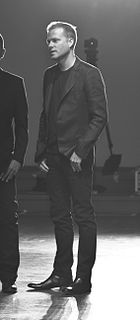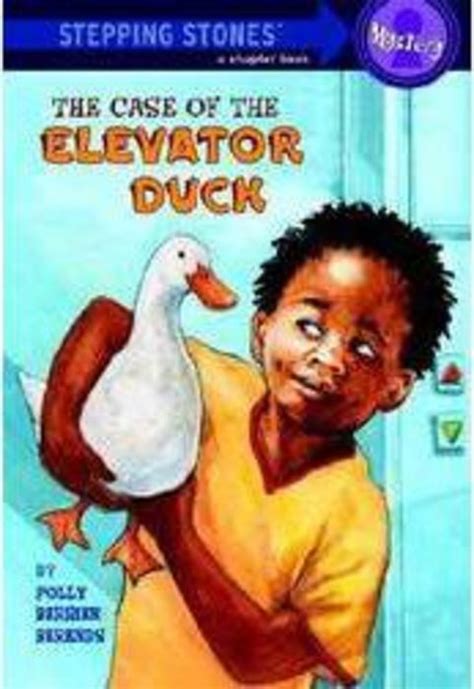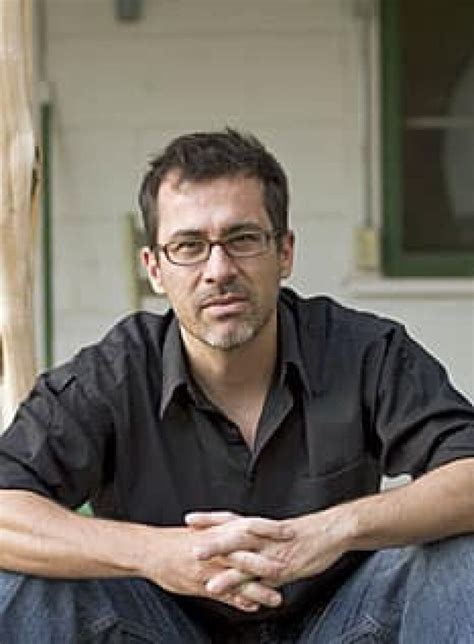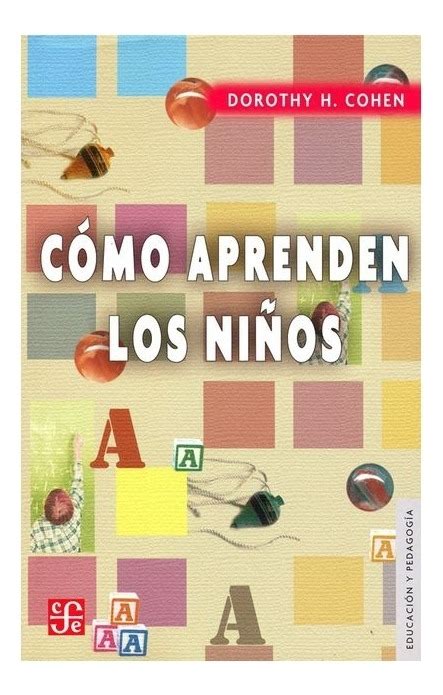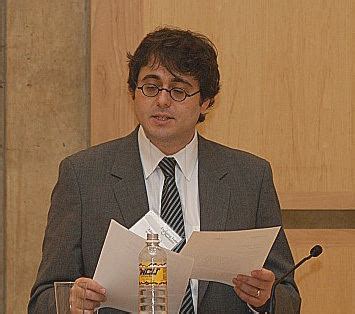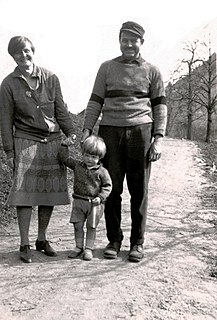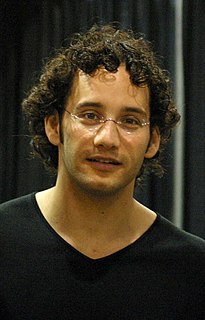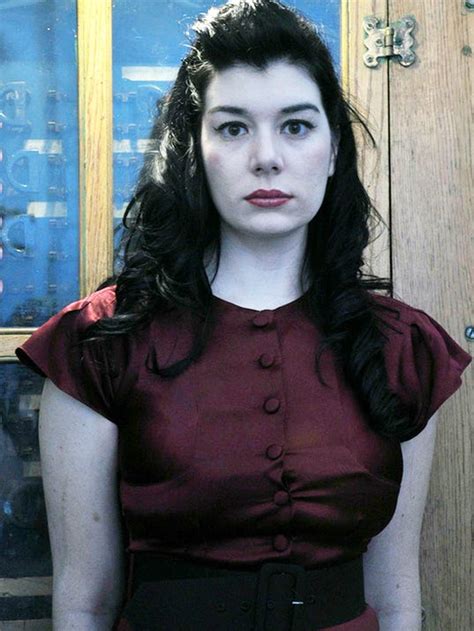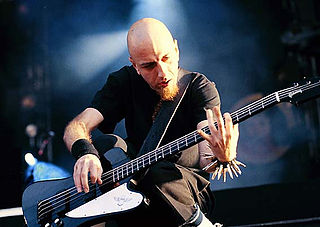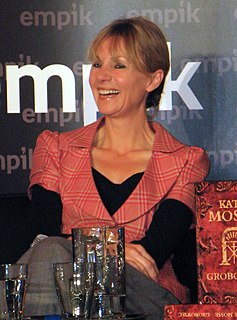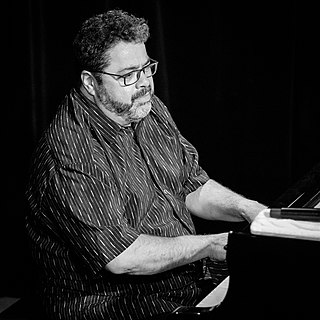Top 1200 Reading And Learning Quotes & Sayings - Page 17
Explore popular Reading And Learning quotes.
Last updated on December 22, 2024.
I do think that the imagination you create yourself when you're reading, to create the tone and the accent of the world, is an individual accomplishment that someone is imposing upon you by listening to them read it. Because you're listening to their interpretation, and their emphasis would probably be different from the one that your brain makes while you're reading it.
But, you have to watch them in order. That's very important because, as it turns out, stories have to be told in order. It's like reading a novel. There are times when it's tiring. And then, you get hooked and it's a page-turner, and you really want to keep reading. I do think there will be some fatigue that sets in.
Reading things that are relevant to the facts of your life is of limited value. The facts are, after all, only the facts, and the yearning passionate part of you will not be met there. That is why reading ourselves as a fiction as well as fact is so liberating. The wider we read the freer we become.
The best results are achieved by using the right amount of effort in the right place at the right time. And this right amount is usually less than we think we need. In other words, the less unnecessary effort you put into learning, the more successful you'll be... the key to faster learning is to use appropriate effort. Greater effort can exacerbate faulty patterns of action. Doing the wrong thing with more intensity rarely improves the situation. Learning something new often requires us to unlearn something old.
The globalized environment where speaking a lot of languages is rewarded and getting access to learning materials is easier. A talent for massive language learning has not been supported by the environment until very recently, so this is a phenomenon that is going to become more common and more visible.
Children of the middle years do not do their learning unaffected by attendant feelings of interest, boredom, success, failure, chagrin, joy, humiliation, pleasure, distress and delight. They are whole children responding in a total way, and what they feel is a constant factor that can be constructive or destructive in any learning situation.
The book was long, and difficult to read, and Klaus became more and more tired as the night wore on. Occasionally his eyes would close. He found himself reading the same sentence over and over. He found himself reading the same sentence over and over. He found himself reading the same sentence over and over.
In the 1970s, for example, I found myself learning to relish the poetry of Andrew Marvell and Sir Thomas Wyatt, and getting a handle on poetry of plainer speech than I had dwelt with heretofore. Which led me into a new appreciation of middle [William Butler ] Yeats, of the short three-beat line and forward-driving syntax, and that paid in, in turn, to a poem like Casualty in Field Work. The traffic, however, was usually the other way. My teaching was animated by what I was reading and being excited by as a poet.
Collaboration is important not just because it's a better way to learn. The spirit of collaboration is penetrating every institution and all of our lives. So learning to collaborate is part of equipping yourself for effectiveness, problem solving, innovation and life-long learning in an ever-changing networked economy.
I don't actually have a one wellspring of inspiration. Though I'm most often inspired while reading - both fiction and nonfiction. I subscribe to National Geographic, Scientific American, Discover, and a slew of other magazines. And it is while reading articles for pleasure and interest that an interesting 'What if?' will pop into my head.
Will robot teachers replace human teachers? No, but they can complement them. Moreover, the could be sufficient in situations where there is no alternative––to enable learning while traveling, or while in remote locations, or when one wishes to study a topic for which there is not easy access to teachers. Robot teachers will help make lifelong learning a practicality. They can make it possible to learn no matter where one is in the world, no matter the time of day. Learning should take place when it is needed, when the learner is interested, not according to some arbitrary, fixed schedule
You have to resign yourself to the fact that you waste a lot of trees before you write anything you really like, and that's just the way it is. It's like learning an instrument, you've got to be prepared for hitting wrong notes occasionally, or quite a lot, cause I wrote an awful lot before I wrote anything I was really happy with. And read a lot. Reading really helps. Read anything you can get your hands on.
In the sixties, in the middle sixties, suddenly comics became this hip thing, and college students and hippies were reading them. So I was one of them, and I started reading, basically it was the Marvel Renaissance at that point. It was all their new characters, Spiderman and the X-Men and the Fantastic Four.
Some people spend their entire lives reading but never get beyond reading the words on the page, they don't understand that the words are merely stepping stones placed across a fast-flowing river, and the reason they're there is so that we can reach the farther shore, it's the other side that matters...
Two kinds of reading can be distinguished. I call them reading like a reader and reading like a writer ... when you read like a reader, you identify with the characters in the story. The story is what you learn about. When you read like a writer, you identify with the author and learn about writing.




